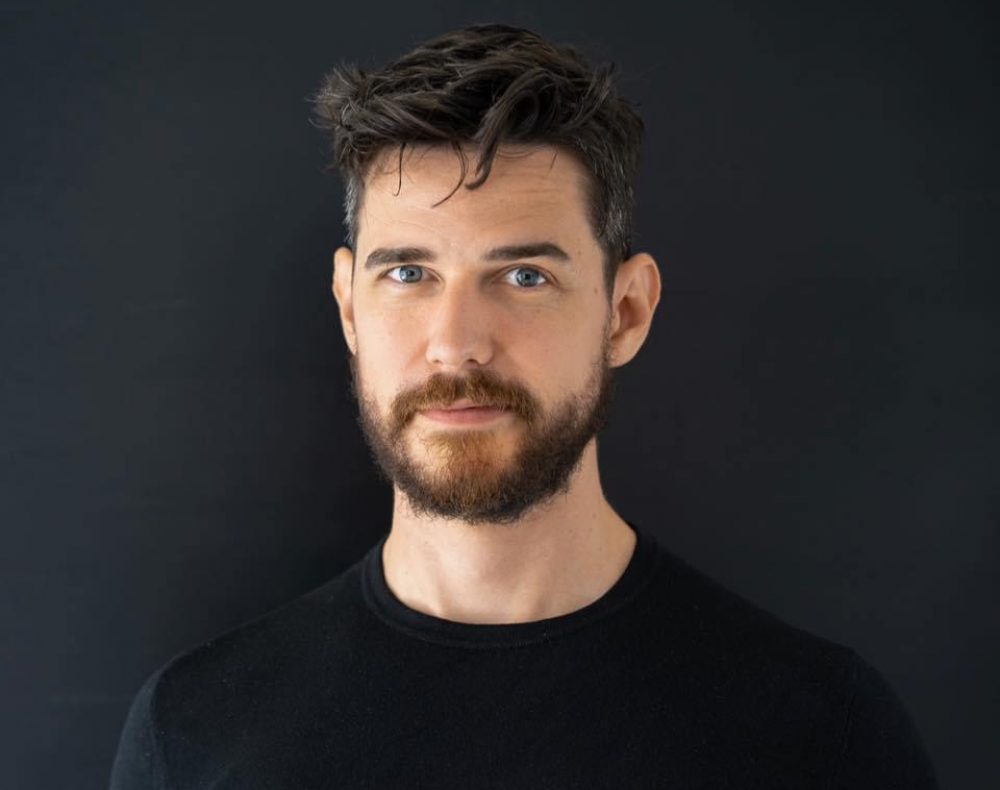Sérgio Taveres
Lead Designer
Sérgio Taveres has a PhD in Culture and Technology, and work at the Helsinki studio of the leading design agency, Frog. He helps companies to become more user-centric, researching needs of people before they formulate their services. I was born in Brazil and live and work in Finland in a multicultural family (a Finnish wife and our two half-Finnish, half-Brazilian sons).
Connect with Sergio:
You have a goal you want to achieve, and it's to supply or fulfill a certain need from your end client.
Design is the process that will take you there.
Sérgio Taveres
Episode 018
Show Notes
Brief summary of show:
When designing your firm’s website or marketing materials, it can be overwhelming to want to ‘get it right’.
Oftentimes, we forget that design has many iterations, and that the first draft of anything we create is rarely the final version.
So, when it comes to your service design, are you designing assets with your clients in mind? Are you studying and taking into account how your potential clients are searching for and finding you?
This week on the show, I spoke with Sérgio Taveres, who has a PhD in Culture and Technology, and works at the Helsinki studio of lead design agency Frog. He approaches strategy and foresight with design techniques.
We talk about:
• The difference between art and design
• How the design process works and why it’s meant to be ever-changing
• Why design should be about the potential client and not about you as the firm owner
• How to design your marketing around your client or potential client
• The key role that empathy plays in client relationships and marketing design

Sérgio Taveres' Book
From the publisher:
Today humanity is reaching new heights of scientific understanding–and also appears to be losing its mind. How can a species that developed vaccines for Covid-19 in less than a year produce so much fake news, medical quackery, and conspiracy theorizing?
Pinker rejects the cynical cliché that humans are simply irrational–cavemen out of time saddled with biases, fallacies, and illusions. After all, we discovered the laws of nature, lengthened and enriched our lives, and set out the benchmarks for rationality itself. We actually think in ways that are sensible in the low-tech contexts in which we spend most of our lives, but fail to take advantage of the powerful tools of reasoning we’ve discovered over the millennia: logic, critical thinking, probability, correlation and causation, and optimal ways to update beliefs and commit to choices individually and with others. These tools are not a standard part of our education, and have never been presented clearly and entertainingly in a single book–until now.
Rationality by Steven Pinker
Calculator for discovering your marketing budget


